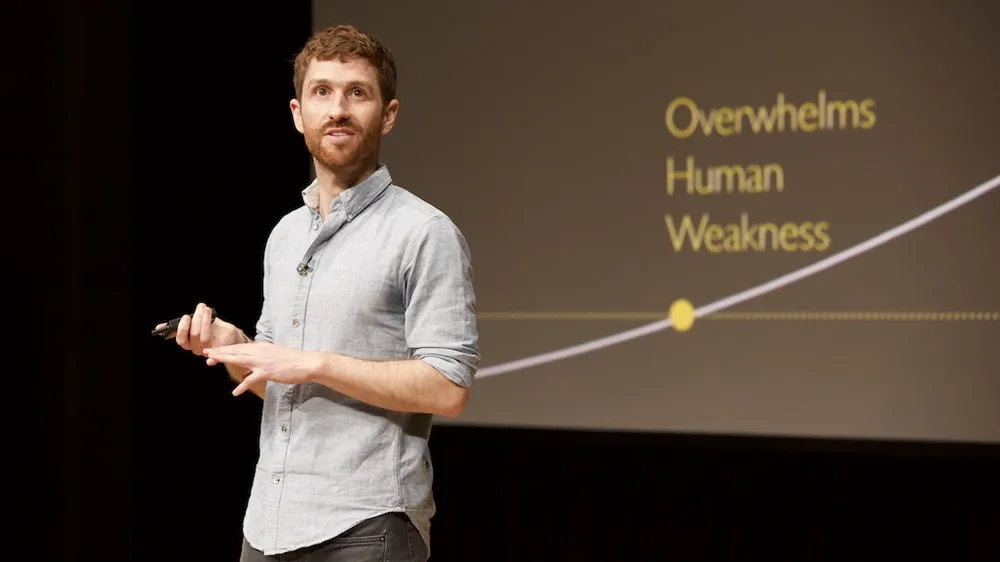A rising coalition of social groups is pushing back against tech giants that promote digital dependency and information overload.
If you find yourself unable to put down your phone, constantly seeking validation through likes, or feeling isolated despite an active online social life, then Tristan Harris is working to change that.
A former Google design ethicist, Harris co-founded the Time Well Spent movement and the Center for Humane Technology (CHT) to counter the risks of unregulated tech influence, such as digital addiction, information overload, and political polarization. CHT aims to curb what it describes as the “degradation” of humanity due to the manipulative techniques employed by smartphones and social media in an economy that profits from user attention.
According to CHT, over two billion people are engaged with social platforms, making it a phenomenon with a larger psychological reach than even global religions. The organization claims that algorithms often promote extreme content to maximize user engagement, driving people to stay glued to screens for advertisers’ benefit.

Tristan Harris urges tech industry professionals to combat the “downgrading” of humanity during a 2019 event in San Francisco, California [Center for Humane Technology]
The movement, primarily active in the United States, is rallying support to create a healthier relationship between humans and technology. A growing number of activists—including tech professionals, investors, and educators—are opposing decisions by major tech firms that prioritize user engagement over well-being.
At a recent gathering in New York City, advocates for humane technology discussed ways to reshape tech to support social cohesion rather than exploit human vulnerabilities. Among the participants was software developer Andrew Dunn, who created the Siempo launcher for Android—a tool designed to reduce screen time by making smartphones less visually stimulating.
Dunn’s goal is to shift business models away from encouraging addictive behaviors toward helping people use technology to improve their lives. He critiques the efforts of companies like Google, saying their digital well-being initiatives are only a small step in the right direction.
Several major tech firms have introduced tools to help users manage their screen time, largely influenced by the Time Well Spent campaign that Harris launched in 2016. Apple and Google have rolled out features to track app usage, schedule downtime, and group notifications. However, some critics argue that these initiatives are not enough, likening them to superficial changes in the gambling industry.
Many of the activists advocating for digital minimalism once worked for social media companies themselves. They have since become vocal about the psychological effects of digital overuse, comparing the rush from social media notifications to a “dopamine hit.” This is a tactic, they say, used by companies to maximize user engagement and ad revenue.
The Digital Wellness Collective, led by Nina Hersher, focuses on encouraging digital mindfulness rather than attacking tech companies. Hersher believes that technology is not inherently harmful but requires responsible use. Her approach differs from that of CHT, which often describes the practices of tech companies as “parasitic.”
CHT warns that if current trends continue, the consequences could be dire, leading to a loss of creativity, truth, and productivity. The organization advocates for new incentives that would encourage tech companies to prioritize user well-being over engagement metrics. They suggest that product designers adopt a “humane” approach and that investors push for this shift. According to CHT, policymakers should act quickly to protect future generations from the negative impacts of digital addiction.

